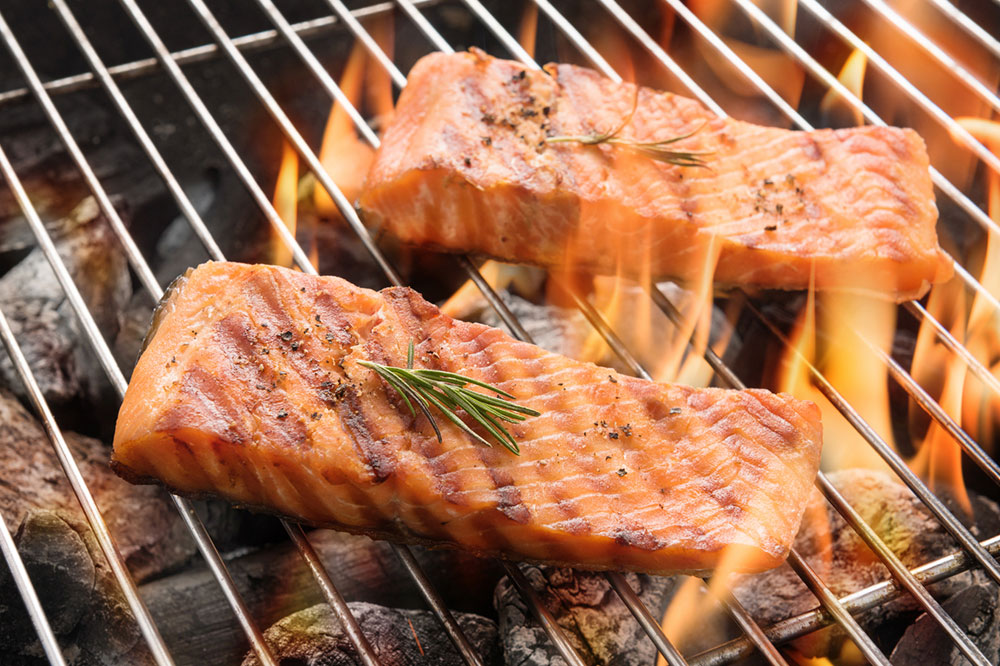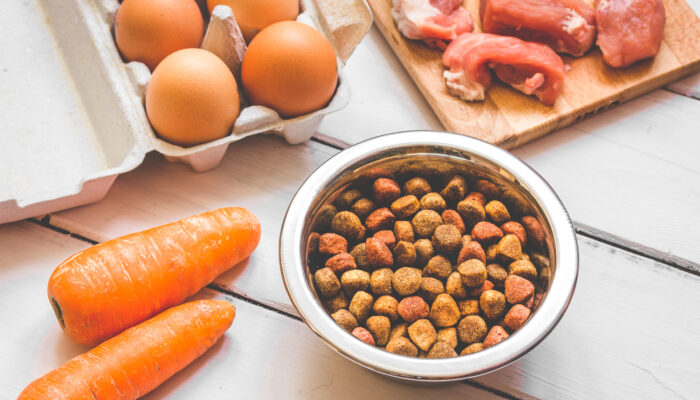
Diet Tips for Patients with Ulcerative Colitis
Ulcerative colitis (UC), a type of inflammatory bowel disease (IBD), causes ulcers and long-lasting inflammation in the digestive tract, including the innermost lining of the large intestine and rectum. The symptoms usually develop gradually rather than suddenly in the form of flare-ups. The symptoms of this type of IBD can be significantly reduced with medications and a few simple dietary tips. These eating tips for patients with ulcerative colitis should be followed only after consulting a doctor.
Eat cooked vegetables
This is one of the most important eating tips for patients with ulcerative colitis. Raw fruits and vegetables can cause gas, bloating, and stomach pain during a flare, as they can be hard to digest. Cooked food and peeled fruits are better for people with ulcerative colitis. For extra nutrient intake, the broth left after cooking vegetables can be used to cook rice. The rice will absorb the nutrients from the vegetable broth. This will ensure a nutrient-packed light meal.
Cut down on spicy foods
Spicy foods can aggravate ulcerative colitis symptoms. These types of foods increase the acidity in the digestive system, which can provoke an already-irritated colon. So, it is advisable to stick to bland or moderately spicy food during a flare-up and give the gastrointestinal tract sufficient time to heal. Foods such as avocados, potatoes, bananas are an optimal choice. Plus, they are tasty, non-spicy foods that can be eaten during ulcerative colitis.
Smaller meals go a long way
Another one of the most important eating tips for patients with ulcerative colitis: forgo the typical meal pattern – breakfast, lunch, and dinner when experiencing flare-up. As a general rule, eat small but frequent meals. It is also important to eat slowly as this helps in better processing the food, which proves to be less taxing on the gastrointestinal system when compared to large meals that are consumed quickly. Nutritionists recommended to include six small meals instead of three full-sized ones. This will ensure the same nutrition without overwhelming the digestive tract.
Steer clear from high-fiber foods
High-fiber foods like beans and cruciferous vegetables, such as broccoli, Brussel sprouts, and Bok choy, are hard for the digestive system to break down. Consequently, they can aggravate the symptoms of ulcerative colitis. A low-fiber diet can help minimize ulcerative colitis symptoms such as abdominal pain during a flare-up. However, it is equally important not to cut out nutrients and look for alternatives. It is recommended to schedule an appointment with a dietician or nutritionist to help come up with low-fiber foods that won’t worsen ulcerative colitis symptoms but are nutritious. Some low-fiber nutritious foods include white breads, pasta, tender meat, eggs, tofu, carrots, beets, string beans, and fish.
Eat more probiotic-rich foods
Including probiotics in one’s diet has been recommended as an effective eating tip for patients with ulcerative colitis. Probiotic foods such as Kefir and kombucha help in maintaining healthy gut bacteria, which is the key to treat ulcerative colitis. Yogurt is also one of the most common probiotic-rich foods. However, look for live and active cultures on the label for better results.



